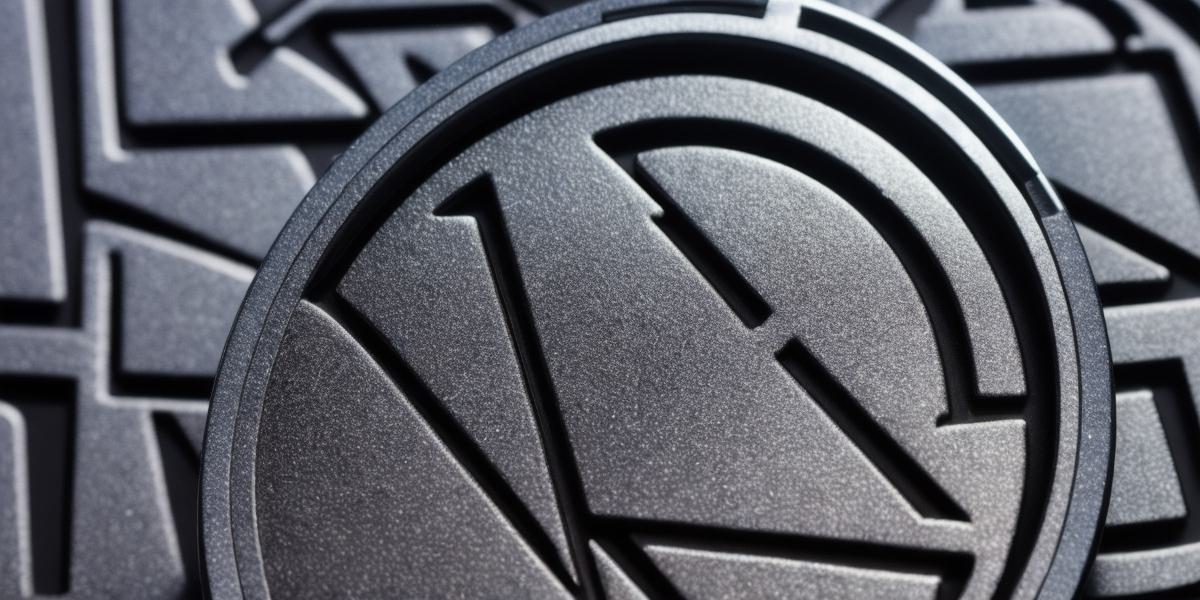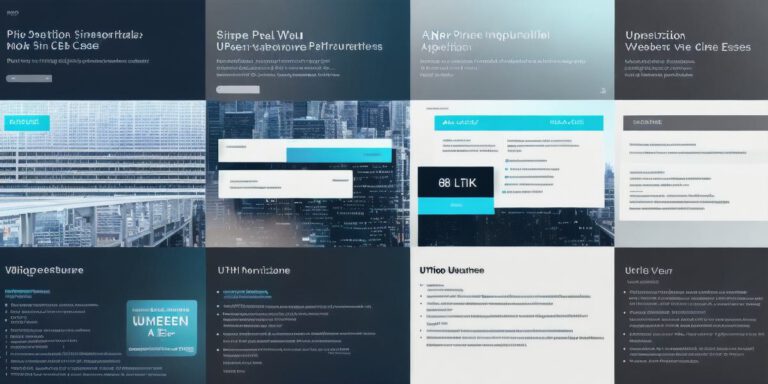Unlocking the Mystery of Blockchain Identity: Everything You Need to Know

Are you looking to create a secure and decentralized digital identity using blockchain technology? If so, then you’re in luck! In this article, we will explore everything you need to know about unlocking the mystery of blockchain identity.
First, let’s start with what blockchain is. Blockchain is a distributed ledger technology that allows for secure and transparent transactions without the need for intermediaries. It uses cryptography to ensure the integrity of data and make it tamper-proof. Now, when it comes to digital identity, blockchain can provide a secure and decentralized way to store and manage personal information.
One of the main benefits of using blockchain for digital identity is that it provides greater privacy and control over personal information. With traditional identity systems, personal information is often stored in centralized databases, which can be vulnerable to hacking and data breaches. With blockchain, however, personal information is stored in a decentralized network, making it much harder for hackers to access. Additionally, individuals have greater control over their personal information, as they can decide what information is shared and with whom.
Another benefit of using blockchain for digital identity is that it can help reduce fraud and identity theft. With traditional identity systems, it’s easy for criminals to steal someone’s identity and use it to commit fraud. With blockchain, however, personal information is encrypted and stored in a secure network, making it much harder for criminals to access. Additionally, blockchain can provide real-time verification of identity, which can help prevent fraudulent transactions.
Now, let’s take a look at some real-life examples of how blockchain is being used for digital identity. One example is the Decentralized Autonomous Organization (DAO), which uses blockchain to manage its members and their identities. Members of the DAO are identified using a unique digital identity, which is stored on the blockchain. This allows for secure and transparent transactions within the organization, without the need for intermediaries.
Another example is the identity verification platform Civic, which uses blockchain to verify identities for online transactions. Civic allows individuals to create a digital identity that can be used for a variety of purposes, such as online banking and e-commerce. This identity is stored on the blockchain, providing a secure and decentralized way to manage personal information.
So, what are the key takeaways from this article? First, blockchain technology provides a secure and decentralized way to store and manage digital identities. Second, using blockchain for digital identity can provide greater privacy and control over personal information, as well as reduce fraud and identity theft. Finally, real-life examples demonstrate how blockchain is being used to manage digital identities in a variety of contexts.

In conclusion, unlocking the mystery of blockchain identity is essential for anyone looking to create a secure and decentralized digital identity. By understanding the benefits and applications of blockchain technology, you can take control of your personal information and protect yourself from fraud and identity theft. So, what are you waiting for? Start exploring the world of blockchain identity today!
FAQs:
- What is blockchain technology?
Blockchain technology is a distributed ledger technology that allows for secure and transparent transactions without the need for intermediaries. It uses cryptography to ensure the integrity of data and make it tamper-proof. - How does blockchain technology provide greater privacy and control over personal information?
With traditional identity systems, personal information is often stored in centralized databases, which can be vulnerable to hacking and data breaches. With blockchain, however, personal information is stored in a decentralized network, making it much harder for hackers to access. Additionally, individuals have greater control over their personal information, as they can decide what information is shared and with whom. - What are some real-life examples of how blockchain is being used for digital identity?
One example is the Decentralized Autonomous Organization (DAO), which uses blockchain to manage its members and their identities. Members of the DAO are identified using a unique digital identity, which is stored on the blockchain. Another example is the identity verification platform Civic, which uses blockchain to verify identities for online transactions. Civic allows individuals to create a digital identity that can be used for a variety of purposes, such as online banking and e-commerce. This identity is stored on the blockchain, providing a secure and decentralized way to manage personal information.








